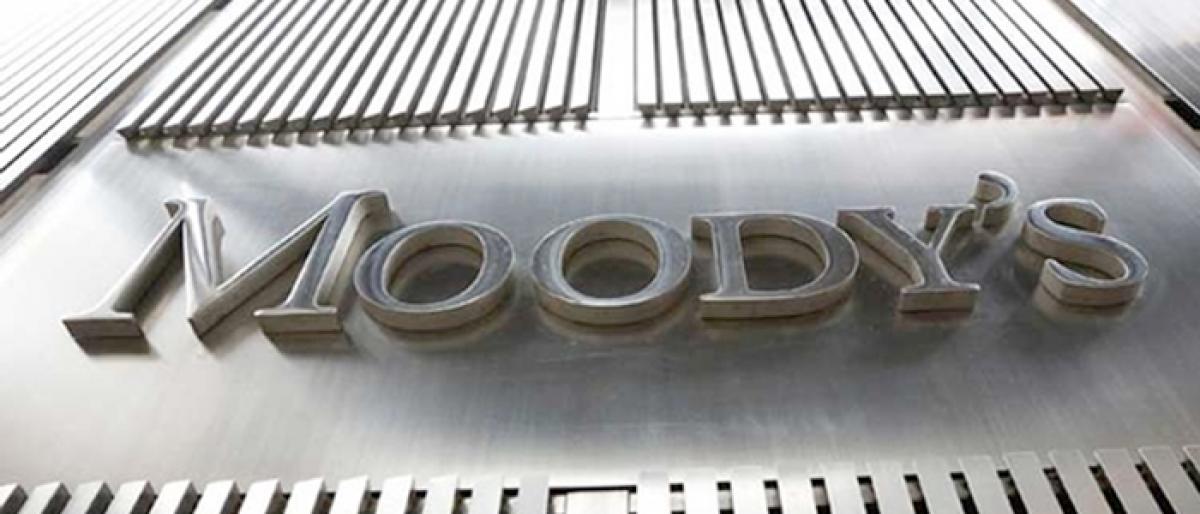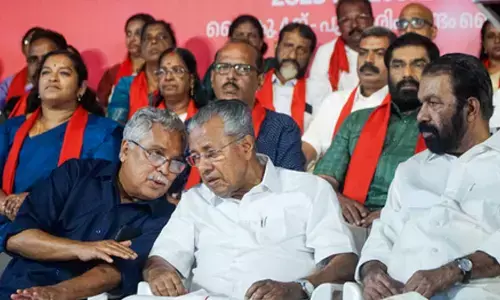Fuel excise cuts to create downside risks to fiscal deficit target: Moody's

Global credit ratings, research and risk analysis firm Moodys Investors Service on Tuesday said the recent reduction in excise cuts on petrol and diesel will create material downside risks to the central governments fiscal deficit target
Mumbai: Global credit ratings, research and risk analysis firm Moody's Investors Service on Tuesday said the recent reduction in excise cuts on petrol and diesel will "create material downside risks" to the central government's fiscal deficit target.
According to a Moody's note, the excise cuts will reduce government revenue by Rs 105 billion (about $1.4 billion) or 0.05 per cent of the GDP for the remainder of fiscal 2018, which ends in March 2019.
"These measures create material downside risks to the central government's fiscal deficit target of 3.3 per cent of GDP for fiscal 2018. Because the government had already met 94.7 per cent of the budgeted annual deficit by August 2018, to achieve its deficit target it will likely need to compress capital expenditure," the note said.
"Consequently, we expect the central government deficit target to slip modestly to 3.4 per cent of GDP, while the combined general government deficit (central and state) should remain at about 6.3 per cent of GDP."
On October 5, the central government had effected a reduction in the excise duty on petrol and diesel of Rs 1.5 per litre and asked public sector oil-marketing companies to absorb an additional Re 1 per litre reduction in petrol and diesel prices.




